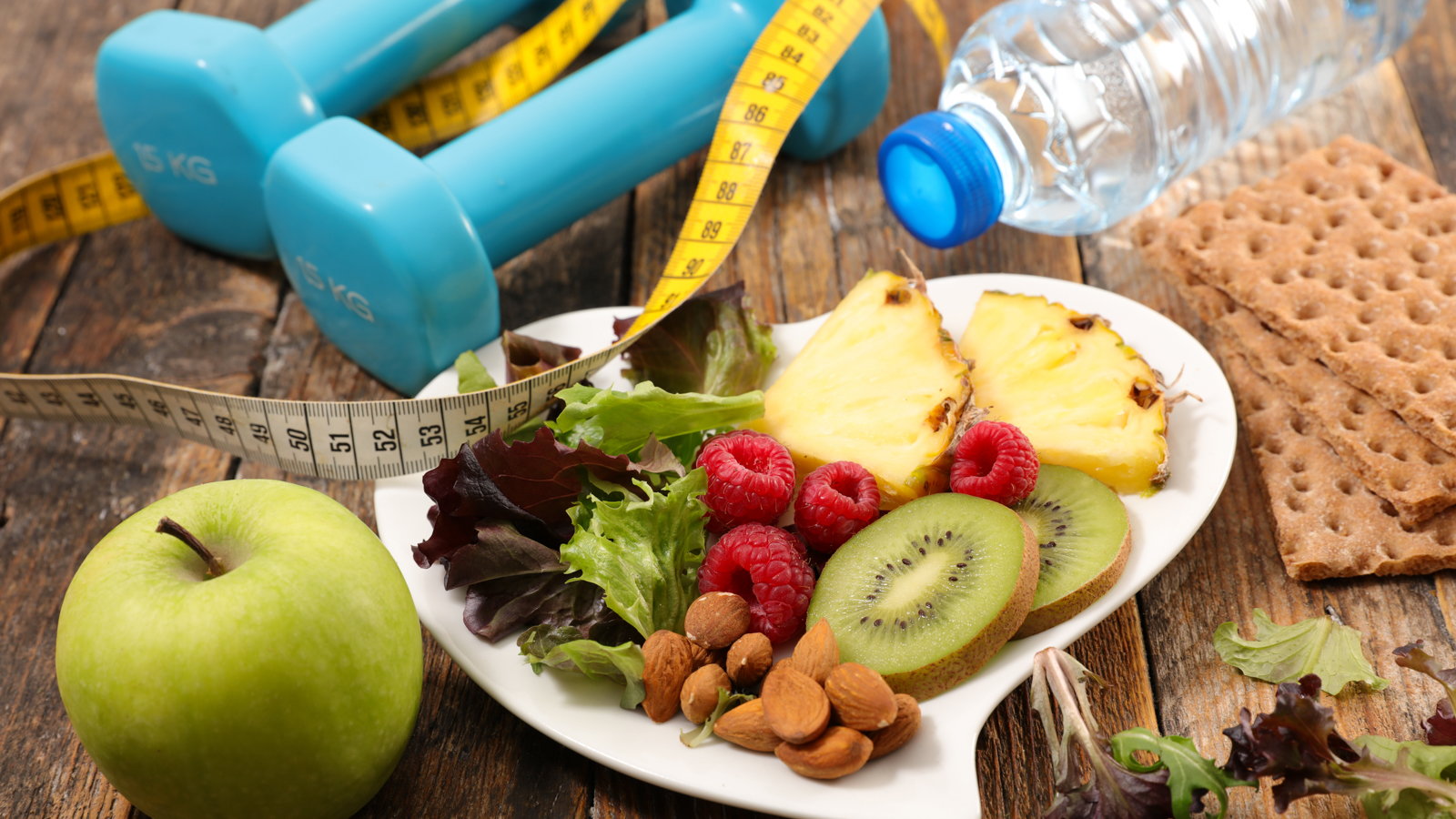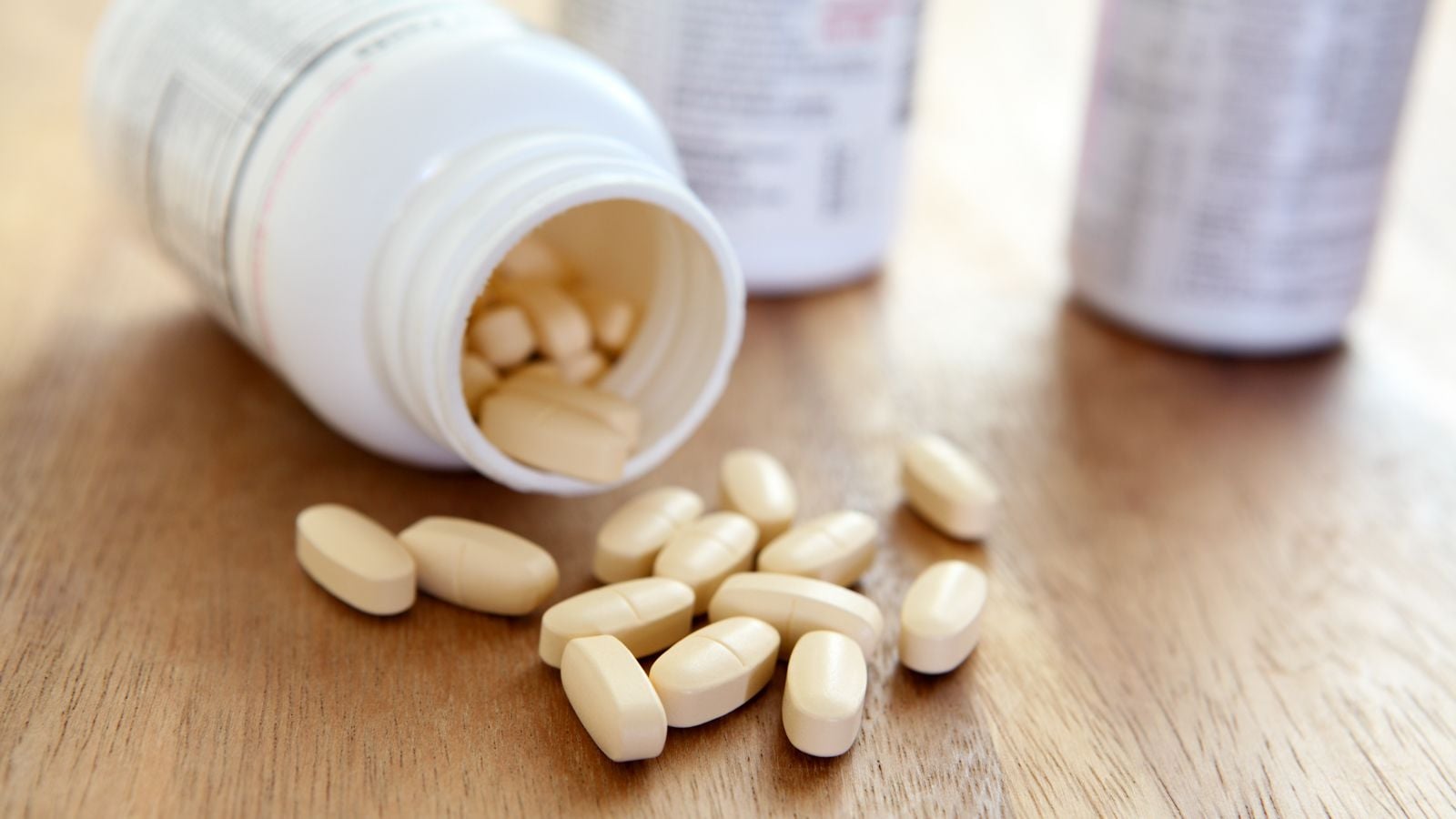
We’ve all heard the expression, “You are what you eat.” But did you know that what you eat while expecting a baby affects your baby’s health for life? Recent research found that eating healthy during pregnancy shapes not only your own well-being but also helps lowers the risk that your baby will develop diabetes or heart disease as he or she grows into adulthood.
Your Guide for a Healthy Pregnancy Diet
Boost important nutrients early. The food choices you make during pregnancy are vital for nourishing your growing infant. While you are pregnant, you should consider whether the food you put in your mouth will offer much-needed nutrients or if is it just a source of empty calories. Here's a summary of nutrients moms-to-be need:
Calcium and Zinc – Studies show that pregnant women with low levels of zinc are at risk for preterm delivery or having a baby with low birth weight. Calcium helps growing cartilage and bones as well as the functioning of nerves, blood vessels, and muscles. Baked beans, peas, and spinach help boost zinc levels while yogurt, cottage cheese, and broccoli help increase calcium.
Folic Acid – Folic acid is important for an embryo. If you have low levels, the risk for complications is higher, so choose foods rich in folic acid, such as oranges, peas, spinach, and whole grain cereals.
Iron – Surprisingly, pregnant women need twice as much iron in their diet as usual to support the developing placenta. You’ll find sources of iron in leafy green vegetables, dark-meat chicken, and red meat.
Protein – Extra protein is needed during pregnancy because it forms the building blocks of fetal tissue. Try adding about 70g or the equivalent of another cup of milk or serving of protein daily.
Vitamins A and C – These are especially important in younger moms. Young expectant moms and their growing fetuses compete for nutrients. Some foods rich in Vitamin A include raw carrots, eggs, cheerios, and leafy green lettuce. For Vitamin C, add more tomatoes, strawberries, red and green bell peppers, and oranges to your daily diet.

Maintain a balanced diet. Just eating a few healthy foods doesn’t add up to a balanced diet. Balance also means how you put foods together. In other words, choose the right proportion of foods from each food group to deliver nutrients to your baby.
Food group | How much daily* | Sample foods |
Breads/whole grains | 6 – 11 servings | Cereal, rice, bread |
Dairy | 4 – 5 servings | Yogurt, skim milk |
Fruits/veggies | 5 – 9 servings | Grapes, tomato, corn, spinach |
Protein | 3 – 4 servings | Meat, fish, beans |
* Recommended by W. Allan Walker, M.D., Harvard Medical School
What if You’re Vegan or Vegetarian?
The type of protein you eat is important, and you’ll need to make an extra effort to seek the help of a nutritionist, especially if you are vegan. That’s because, with a vegan diet, it’s difficult to meet the protein needs for your growing baby. The types of proteins required by your growing fetus are comprised of various combinations of amino acids. Be sure to consume legumes rich in protein (like tofu, beans, and lentils), and include a wide variety of vegetables.
Prenatal Vitamins Are Best
Besides eating healthy foods, pregnant women also can benefit from taking a prenatal vitamin supplement. Most doctors recommend that expectant women take prenatal vitamins to boost nutrient levels. Ask your physician which kind best meets your needs.
Be on guard against taking herbal supplements or taking too much. There are many unknowns about herbal additives, and although they are advertised as “natural" herbs can be toxic. Most of the herbal supplements available have not been studied to the same degree as those approved by the FDA and their safety is unclear. So, it’s best to stick to the prenatal vitamins your doctor prescribes.
For more tips: Check the U.S. Department of Health and Human Services or Department of Agriculture for their latest dietary guidelines at health.gov. The guidelines include a section for the needs of pregnant women.

